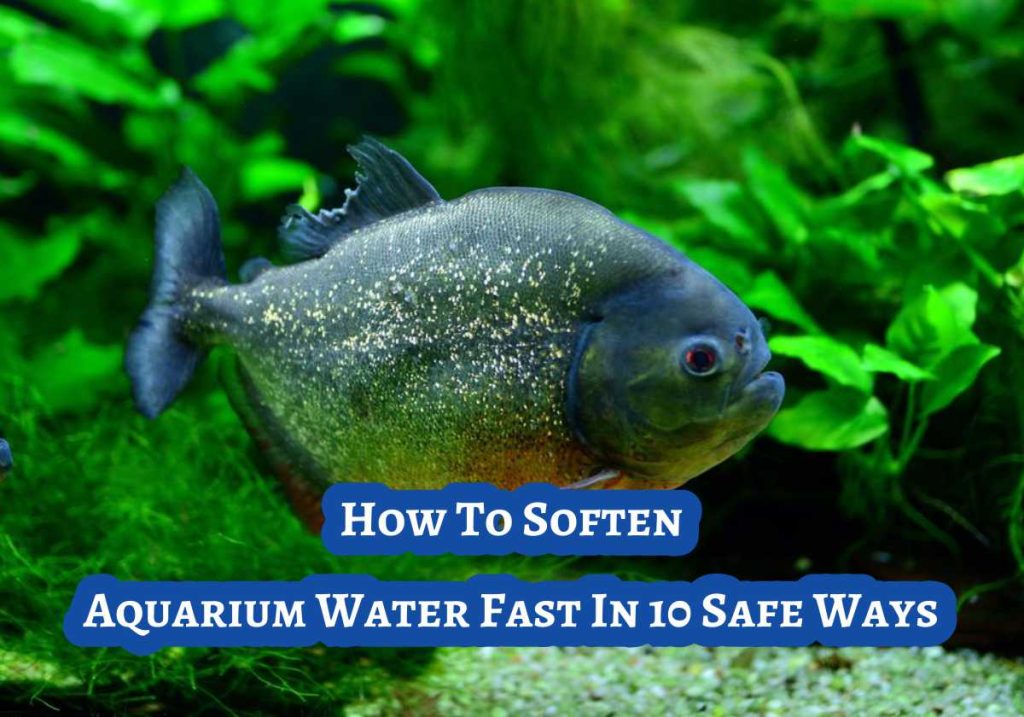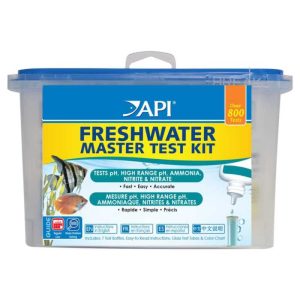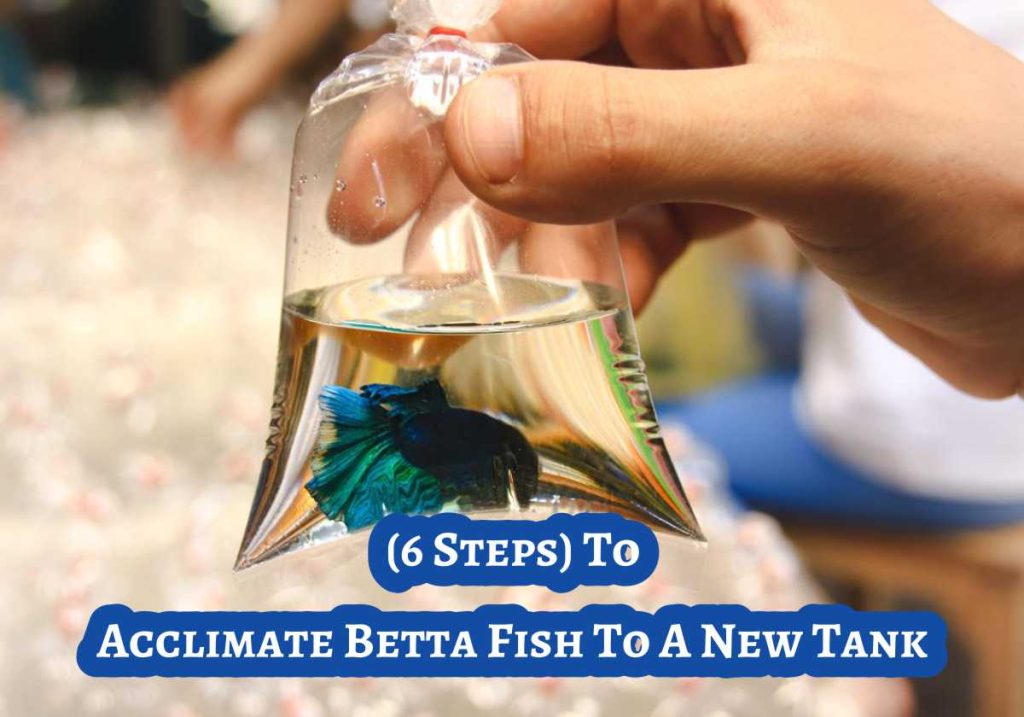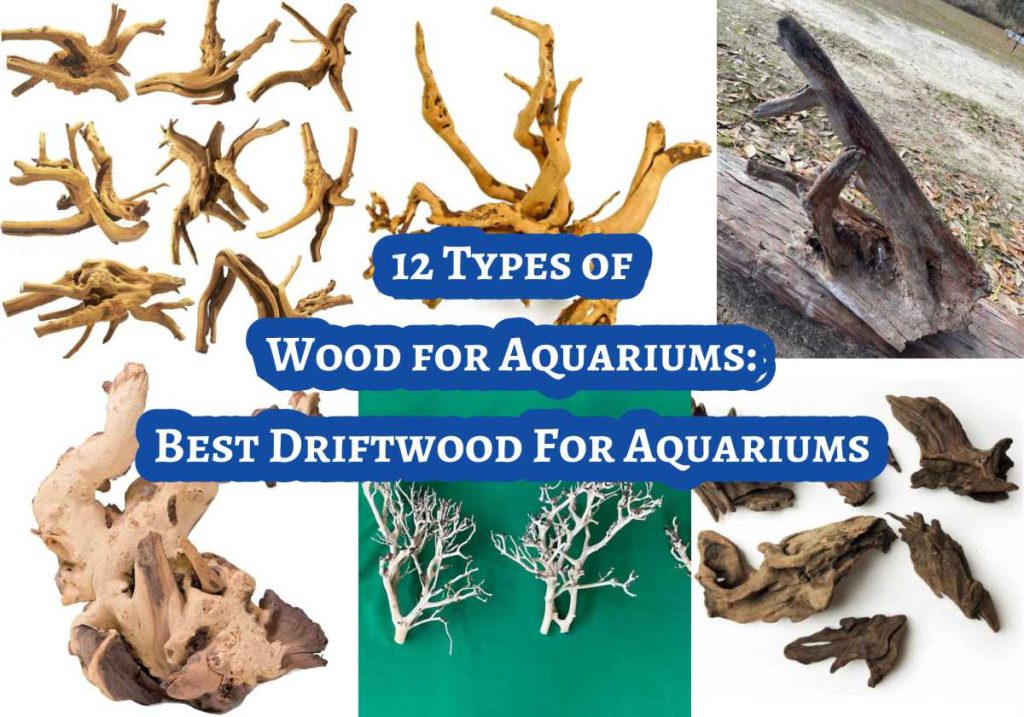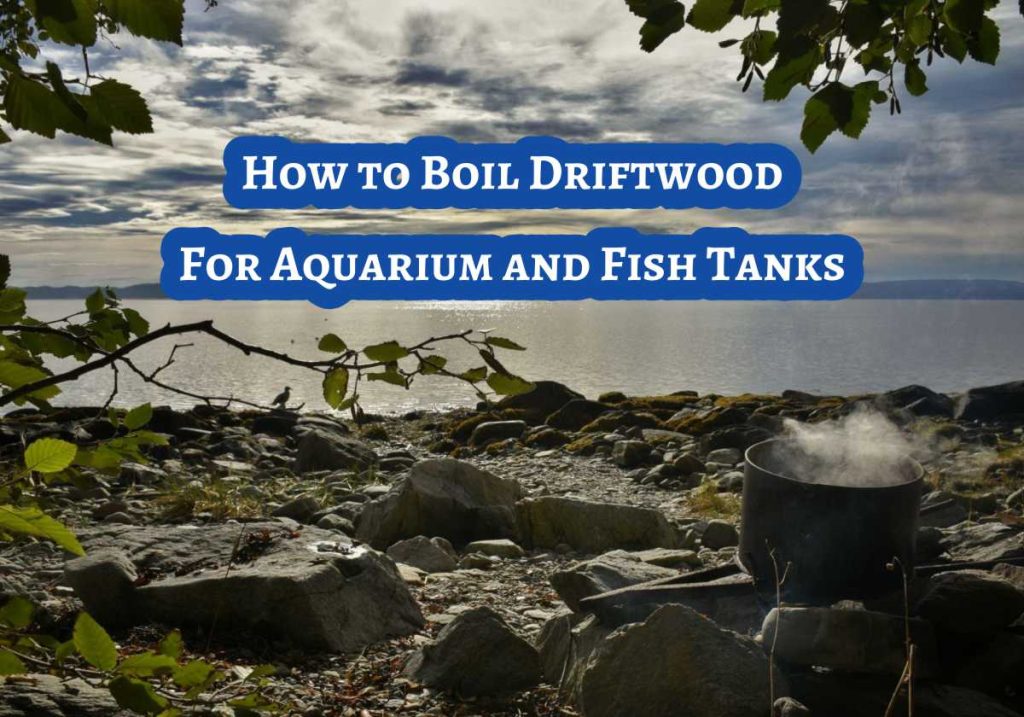As an Affiliate, We may earn a commission that doesn't cost you extra from qualifying purchases using links in this post. It helps keeps this blog running.
Ever found yourself struggling with the pesky problem of hard water in your aquarium? If you’ve been scratching your head over mineral buildup, fish compatibility issues, or wonky pH levels, you’re not alone.
The underwater world of fishkeeping can sometimes dive into troubled waters when it comes to aquarium water hardness. But fear not, because we’re here to spill the beans on how to soften aquarium water faster than a fish darting for its favorite hideout!
Say goodbye to those finicky challenges and get ready to create a cozy aquatic haven your fish will flip for. In this article, we’ll dive deep into the art of quick and effective aquarium water softening, unlocking a whole new level of underwater harmony.
How to Soften Aquarium Water: Fast Methods
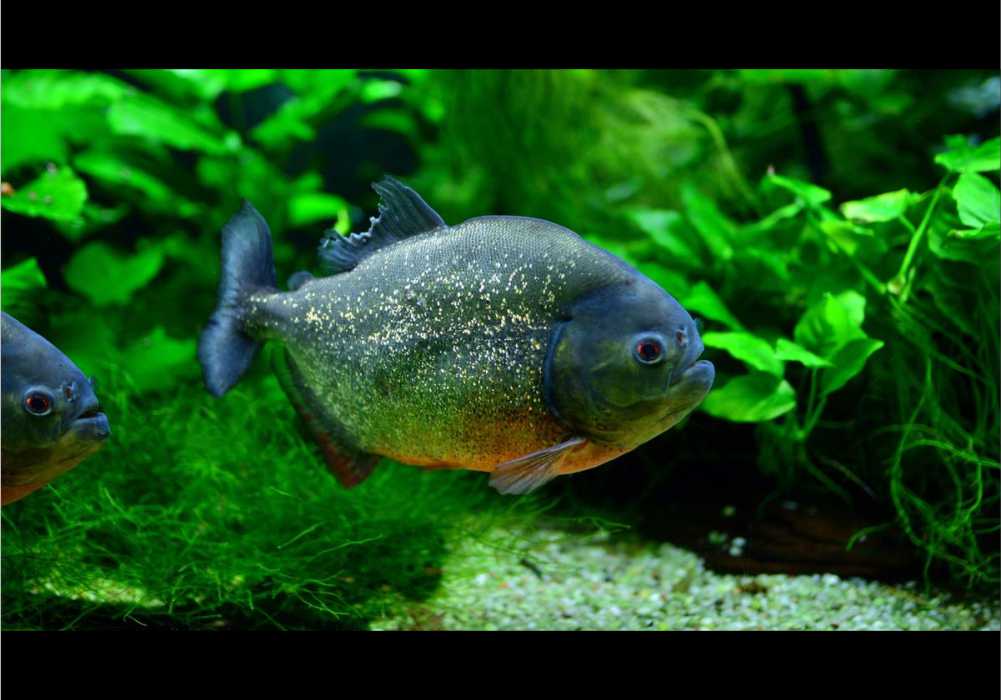
Let’s explore some quick and effective ways to soften aquarium water without making it a complex science experiment.
Experience The Peat Moss Power:
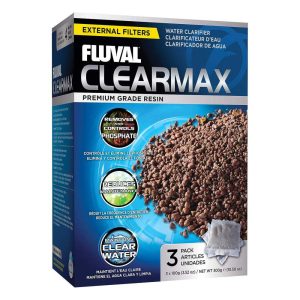
Grab a handful of peat moss, the stuff you might find in gardening stores. Rinse it well to remove any dirt and chemicals. Then, place it in a mesh bag or a filter media bag. Let it soak in a bucket of tap water for a day or two. The peat moss will release tannins that soften the water and give it a gentle amber tint. Pop this bag into your aquarium filter, and voila – your fish will be swimming in comfort.
Or you can save yourself the stress and get one of the Peat Moss on the market The Fluval ClearMax Phosphate Remover, Chemical Filter Media for Aquariums which will absorb your aquarium phosphate, nitrite, and nitrate leaving your water crystal clear.
Crushed Coral Crush:
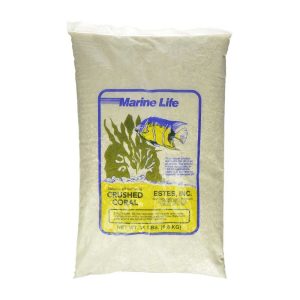
Crushed coral is like the spa rock of the aquarium world. Put some crushed coral in a mesh bag, rinse it, and pop it into your filter. Over time, it will release minerals that gradually increase the water’s hardness and buffer its pH. It’s like a natural water conditioner that your fish will love.
Don’t know where to find one? You can get The Este Crushed Coral for Aquarium
The Reverse Osmosis (RO) Magic:
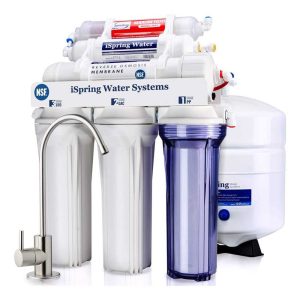
If you’re serious about making your water super soft, consider using a reverse osmosis (RO) system. This nifty gadget filters out almost all the minerals from your tap water, leaving you with a blank canvas to adjust as needed. You can then add a water conditioner to get the perfect softness level your fish prefer.
It’s wise to invest in a reverse osmosis system that can last you for years, like The iSpring NSF Certified 6-Stage Reverse Osmosis System.
Magical Rainwater Wonder:
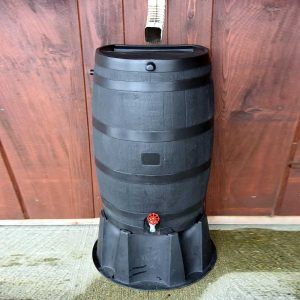
Mother Nature can help you out here. Collect rainwater (make sure it’s clean and free from pollutants) and use it to do partial water changes. Rainwater is naturally soft and can give your fish a refreshing change of environment. Just remember to monitor the pH and mineral levels, as rainwater can vary in composition.
It’s wise to invest in plastic rain barrels which will last you for years because it’s made with recycled plastic, like The RTS Home Accents 50-Gallon barrel.
Commercial Water Conditioners/Softeners:
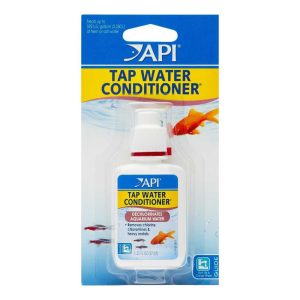
Swing by your local fish store or browse online, and you’ll find a variety of water conditioners tailored to soften hard water. These magic potions detoxify harmful chemicals and can even add a touch of natural goodness like aloe vera for your fishy friends.
Or simply get the API Aquarium Water Conditioner which is incredibly concentrated and instantly removes chlorine and neutralizes chloramines. It also detoxifies heavy metals in tap water.
Aquarium Driftwood Delight:
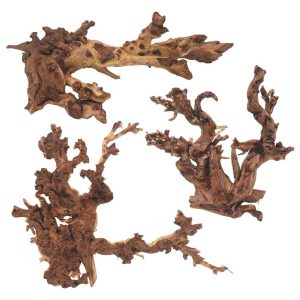
Driftwood isn’t just for the beachy vibes – it’s a fantastic natural water softener too! Grab a clean piece of driftwood and give it a good rinse to remove any dirt or debris. Then, gently place it in your aquarium. As the wood releases tannins, it not only softens the water but also gives it a charming earthy hue. Your fish will love exploring their new woody hideout. You can get The PINVNBY Natural Driftwood for Aquarium
Water Softener Pillows:
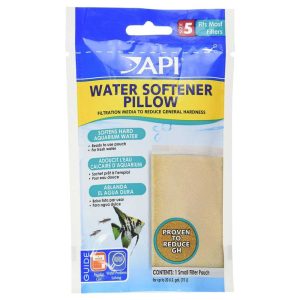
Say hello to convenience! Water softener pillows are like tea bags for your aquarium. These nifty little sachets are filled with special resins that absorb the minerals responsible for hard water. Just toss a pillow in your filter or hang it in your tank, and let it work its magic. Your water will gradually become softer, and your fish will swim in luxury.
The API’s Aquarium Water Softener Pillow is the best on the market. Its pouch fits most canister filters on the market for freshwater aquariums
Ketapang Leaves – Nature’s Softener:

Ketapang leaves, also known as Indian Almond leaves, or Catappa leaves are like a secret recipe for soft water. These leaves not only soften the water but also release beneficial substances that improve your fish’s health. Simply add a few leaves to your aquarium, and watch as they slowly work their wonders. Plus, they create a natural look that your fish will adore.
Matchimaa Premium Indian Catappa Leaves is a superb option to go for. The leaves contain several tannins (such as punicalin, punicalagin, or tercatin) that will react with your fish aquarium water and soften it.
The Distilled Water Drama:
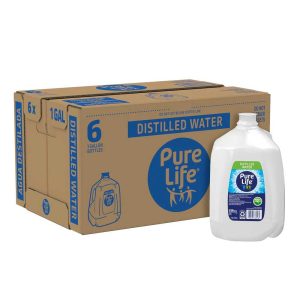
If you’re up for a water change adventure, consider using distilled water. Distilled water has had all its minerals removed, making it the softest water option. But here’s the catch: it’s too pure for your fish all by itself. Mix it with your regular tap water to achieve the perfect softness level. This way, you’re giving your fish the softness they love without shocking them with a sudden change.
You’ll agree it’s getting harder and harder to find quality distilled water but Pure Life Distilled Water is a great choice and a true distilled water you can dilute your aquarium water with
The Crushed Eggshell Charm:
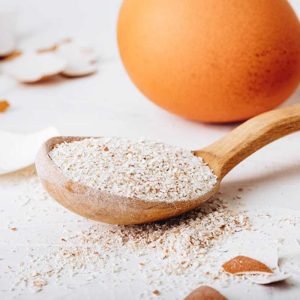
Before you toss those eggshells into the trash, consider recycling them for your aquarium. Rinse the eggshells thoroughly to remove any residue, then let them dry completely. Once they’re dry, give them a good crush – you can use a mortar and pestle or even a rolling pin.
Why eggshells, you ask? They contain calcium carbonate, which can help buffer the pH of your water and gradually soften it. This method won’t give you instant results like some others, but it’s a natural and cost-effective way to make your fish’s environment more comfortable.
Place the crushed eggshells in a filter media bag and let them do their thing. Over time, you’ll notice a gentle shift in your water’s hardness, making it more suitable for fish that prefer softer conditions.
A Quick Tip:
Each method has its unique charm, so pick the one that suits your style and the needs of your aquatic buddies. While it’s tempting to rush the process, remember that sudden changes in water parameters can stress out the fishes in your aquarium. Whether you have a cozy aquarium setup or a bustling community tank, steady changes are the name of the game.
Just keep things balanced, test your waters, and your aquarium fishes will thank you with their vibrant colors and playful flips.
Understanding Water Hardness
Water hardness might sound a bit fancy, but it’s basically all about the stuff that’s dissolved in your aquarium water. Just like how you can have soft or hard water at home, your fishy friends have their own preferences too!
So, here’s the scoop: water hardness is a measure of the minerals floating around in your aquarium. These minerals, usually calcium and magnesium, can tag along with your tap water when it comes from natural sources like rivers and lakes. They’re not bad guys, but the amount of these minerals can affect how comfy your fish and plants are in their aquarium and pond.
Imagine your aquarium water as a mineral cocktail – some waters are more mineral-packed than others. Water hardness basically tells you how much of these minerals are present. But why does this matter? Well, different fish and plants come from different natural habitats, and these habitats have varying water hardness levels. So, when you’re creating a home for your aquatic pals, you want to get that mineral balance just right.
Different Types of Water Hardness: Temporary and Permanent
There are two main types of water hardness:
- Temporary Water Hardness: Think of temporary hardness as the visitor that doesn’t stay long. It’s caused by dissolved bicarbonates of magnesium and calcium minerals and can be easily dealt with by simply boiling the water.
- Permanent Water Hardness: On the other hand, permanent hardness is more like your roommate – it’s there to stay. It’s due to dissolved minerals that won’t just disappear. This type comes from minerals like sulfates and chlorides of calcium and magnesium and can also be quickly dealt with by adding washing soda or soda ash to the water.
Both types of hardness can influence your aquarium’s overall environment, so it’s good to know what you’re dealing with.
Measuring Water Hardness: Degrees of Hardness (dH) and Parts Per Million (ppm)
Okay, here’s where the sciencey stuff comes in, because now we’re gonna talk numbers – but don’t worry, it’s not rocket science, we’ll keep it simple! When you want to figure out how hard or soft your water is, you can use degrees of hardness (dH) or parts per million (ppm). These are like the rulers of water hardness. Just like inches or centimeters measure length.
Degrees of hardness (dH) are like a fish’s version of temperature. It tells you how much minerals are dissolved in your water. The higher the dH number, the harder the water. Fish have their preferences, so you’ll want to match their comfort zone.
On the other hand, parts per million (ppm) ppm is like using percentages which is another way to measure minerals. It’s like saying how many drops of lemon juice are in a giant pitcher of water. The more minerals, the higher the ppm, and the harder the water. Fish experts often use this measurement to determine the concentration of minerals in the water. So, the bigger the ppm number, the higher the mineral content.
So there you have it – water hardness in a nutshell. These measurements might sound intimidating at first, but fear not! There are handy test kits available that can do the math for you like The API FRESHWATER MASTER TEST KIT 800-Test. Testing your water hardness gives you the power to understand the environment you’re providing for your aquatic friends.
Remember, getting familiar with water hardness is like becoming a water chemist for your fish tank. By grasping the basics and measuring those minerals, you’re well on your way to creating the ultimate underwater paradise for your finned and aquatic leafy pals.
| HARDNESS TYPE | DEGREE OF HARDNESS (dGH / DH)~ | PARTS PER MILLION (ppm)~ |
|---|---|---|
| Very Soft | Below 4 dGH / DH~ | Below 75 ppm~ |
| Soft | 4 – 8 dGH / DH~ | 75 – 150 ppm~ |
| Slightly Hard | 8 – 16 dGH / DH~ | 150 – 300 ppm~ |
| Moderately Hard | 16 – 25 dGH / DH~ | 300 – 450 ppm~ |
| Hard | 25 – 35 dGH / DH~ | 450 – 600 ppm~ |
| Very Hard | Above 35 dGH / DH~ | Above 600 ppm~ |
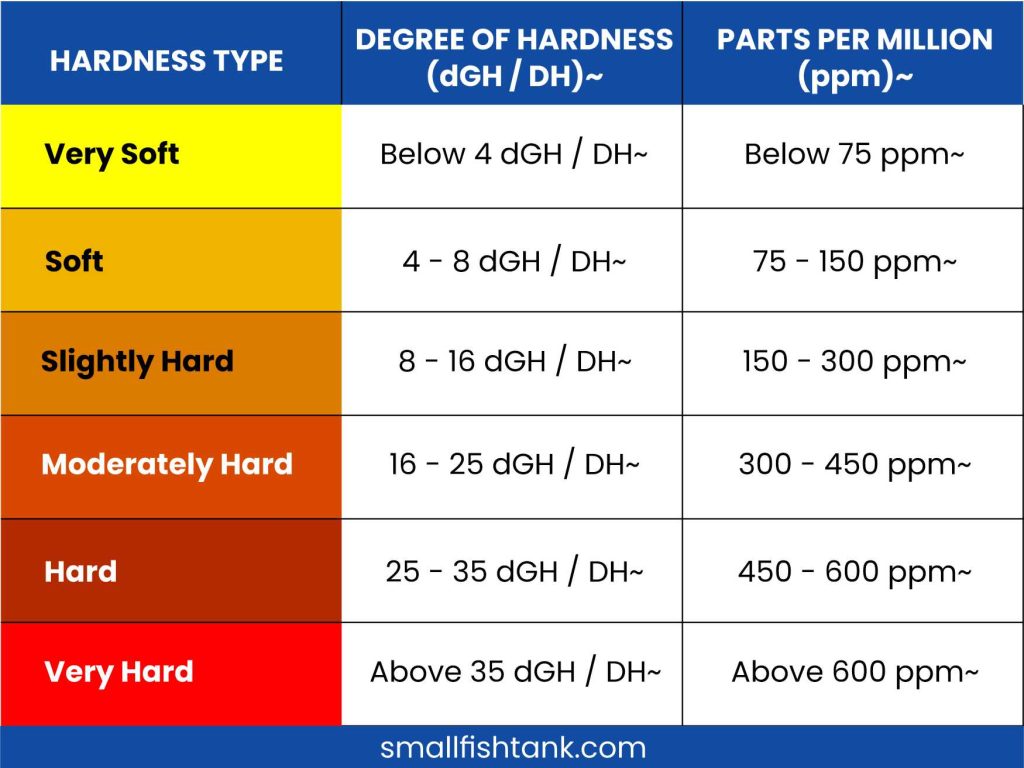
Frequently Asked Questions & Their Answers (FAQs)
Q1: Are commercial water softeners safe for my fish and plants?
A1: Yes, most commercial water softeners are designed to be safe for aquatic life. However, it’s crucial to follow the manufacturer’s instructions and avoid overuse.
Q2: How can I choose the right water softener for my aquarium?
A2: Consider your tank size, the type of fish and plants you have, and the current water hardness. Look for aquarium-specific water softeners and follow dosage instructions.
Q3: Are there natural alternatives to commercial water softeners?
A3: Yes, options like peat moss and driftwood can naturally soften water over time as it interacts with them. However, they require patience and monitoring.
Q4: Can I quickly soften water without using chemicals?
A4: Yes, you can use distilled or reverse osmosis (RO) water to dilute the hardness. Additionally, using peat moss or driftwood in the aquarium can naturally soften water over time.
Q5: How quickly will I see results from using a water softener?
A5: Commercial water softeners can provide faster results, often within hours. Natural methods like peat moss and driftwood may take days to show significant changes.
Q6: Can I over-soften my aquarium water?
A6: Yes, excessive use of water softeners can lead to overly soft water, which might stress fish and disrupt the water’s stability. Follow dosage instructions and monitor hardness levels.
Q7: Are there any risks associated with using water softeners?
A7: Using water softeners as directed typically poses minimal risks. However, sudden changes in water parameters can stress fish. Gradual adjustments are recommended.
Q8: How often should I test my aquarium water’s hardness?
A8: Test water hardness regularly, especially when introducing a new softening method. This helps you maintain a stable environment for your aquatic inhabitants.
Q9: Can I combine different water-softening methods?
A9: Yes, but proceed with caution. Mixing methods without careful monitoring could lead to unpredictable water parameters. It’s best to research and consult experts if needed.
Q10: Will softened water negatively affect all fish species?
A10: Softened water may be suitable for some fish species that prefer lower hardness. However, research your specific fish preferences before making changes to the water chemistry.
Do Plants Soften Aquarium Water?
Yes, plants can’t influence, kick start, and contribute to the softening of water but plants do not typically soften aquarium water. They might have a minor impact due to their biological processes, but their effect on water hardness is negligible compared to other factors.

I’m Akin Bouchard. Even though I now own several different fish species, I first became a koi pond owner because I loved these creatures and wanted to turn my passion into something more serious. I take pride in my collection of koi fish and love sharing my knowledge with others interested in these beautiful creatures.
A Comprehensive Guide to Training Your Fish to Perform Amazing Tricks Feats

